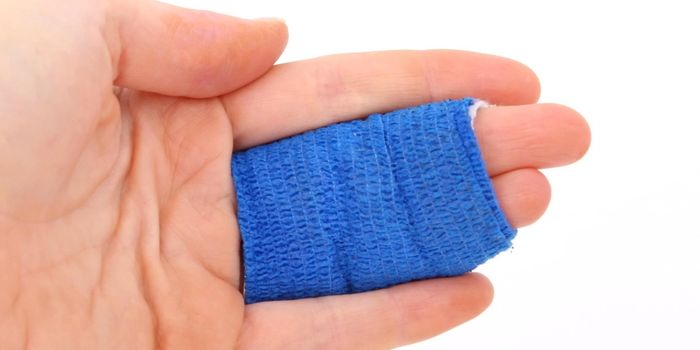It has been thought that some types of epilepsy medications taken by pregnant women are potentially dangerous to the fetus. For about 25 years, researchers have been investigating the link between epilepsy drugs and birth defects, showing that babies exposed in the womb have a higher risk of birth defects or malformations; but women who take the medication have to continue their regimen to protect their health. The short video below is a news report discussing the findings from the review.
A
report by researchers at the universities of Liverpool and Manchester published in the Cochrane Database of Systematic Reviews looked at the findings of over 50 published studies. They found that when a fetus is exposed to sodium valproate, an antiepileptic drug (AED), the risk to the fetus for a significant birth defect rises 10 percent, and the risk continues to rise as the drug dose increases. The birth defects that increase because of the drug are cardiac defects, skeletal and limb abnormalities, craniofacial abnormalities and neural tube defects.
Women usually have to continue their AED throughout a pregnancy, and treatment decisions therefore have to be made carefully by a doctor in collaboration with the patient. The best-case scenario of course minimizes risk to the fetus while maximizing health benefit to the mother.
Other than sodium valproate, other AEDs that have been studied like carbamazepine, phenytoin and topiramate also pose an increased risk of significant birth defects. In these cases, the specific types of abnormalities that increase in incidence are not clear. In the case of phenobarbital however, children exposed in the womb are at increased risk of heart defects.
Some bright spots in the review are related to the drugs lamotrigine or levetiracetam. Fetuses exposed in the womb do not seem to be at increased risk for developing birth defects compared to a control group, and were at a lower risk if the group was directly compared to fetuses exposed to carbamazepine, phenytoin or topiramate.
"This is a really important review that informs complex discussions during consultations about epilepsy treatment choices for women of childbearing potential, who represent around a third of people with epilepsy worldwide,” said Professor of Neurology Tony Marson from the University of Liverpool's Institute of Translational Medicine.
"Based on current evidence, levetiracetam and lamotrigine appear to be the AEDs associated with the lowest level of risk, but more data are needed, particularly concerning individual types of malformation."
An older video is shown above, regarding sodium valproate and birth defects, from the FDA.
Sources:
AAAS/Eurekalert! via
University of Liverpool,
Cochrane Database of Systematic Reviews








